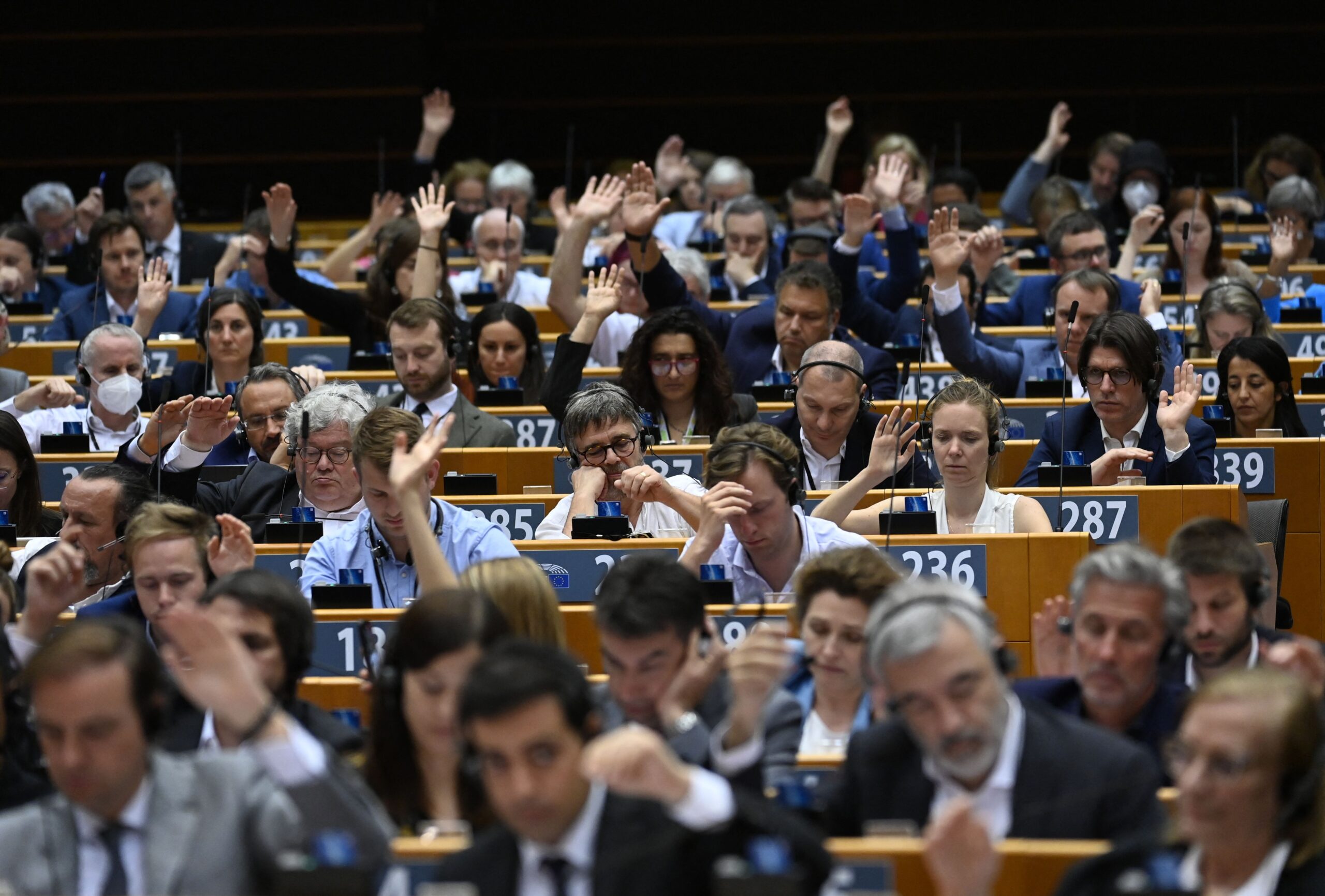

The latest edition of our Sustainable Views newsletter
Dear reader,
Are you a protector, a procrastinator or a prehistoric thinker when it comes to climate action and protecting nature? These are the categorisations chosen by a coalition of Brussels-based nonprofits to describe how the various groupings in the European parliament and national parties in Europe have voted on environmental legislation in the past four years. The aim is to encourage people to vote for green-minded politicians in the European parliament elections in June.
As wars and weapons become the focus of political exchanges and media headlines, a variety of voices warn about the potential for climate action procrastination, in particular where finance is concerned. Executive secretary of UN Climate Change Simon Stiell said last week that many countries will “only be able to implement strong new climate plans if we see a quantum leap in climate finance this year”.
It remains to be seen, as the World Bank/International Monetary Fund spring meetings kick off today, whether leaders will decide now is the moment to agree concrete measures to better address global challenges, not least the climate crisis. Analysis published by the International Institute for Environment and Development suggests ‘debt-for-climate-and-nature swaps’ — where a country and its creditors agree to write off a portion of a nation’s debt in exchange for specific, measurable outcomes — could be an important tool to boost climate finance.
According to IMF/World Bank figures from 2022, the 49 countries most at risk of defaulting on their external debts collectively owe $431bn. The IIED estimates $103.4bn of that total could be freed up for swaps. This finance could “help restore damaged ecosystems and protect vulnerable communities from floods or drought” instead of “flowing to banks and polluters in the rich world”, says Laura Kelly, the director of the IIED’s sustainable markets research group.
Ameer Chughtai, a visiting fellow at the European Council on Foreign Relations think-tank, argues “if European policymakers want to make significant advances on climate finance flows in Africa, they need to make some hard choices about where to direct their resources”. He accuses leaders of adopting an “abundance mindset” leading to “a staggering number of different climate finance policy proposals” and a lack of focus and action.
“African countries will require an estimated $2.5tn of external financing between 2020 and 2030 to implement their nationally determined contributions under the Paris agreement,” states Chughtai. Financing available today amounts to just 12 per cent of this goal, he highlights.
Since the 2023 Summit for a New Global Financing Pact in Paris, where French president Emmanuel Macron and other leaders pledged to implement changes to the global financial system to help poorer countries manage the challenges of poverty and climate change, defence has become the top priority for richer nations. The UNFCCC, the UN’s climate body, recently announced it was cancelling its Regional Climate Weeks because of a lack of funding, and nonprofits are concerned about the EU’s apparent downgrading of climate action in favour of defence and security.
The courts are one way some believe countries and companies can be forced to become environmental protectors. Claudia has taken a look at the rise in “ecocide” bills and how the criminalisation of environmental offences could drive a change in corporate behaviour, even if meaningful convictions under such laws remain a distant reality.
In the financial world, insurance companies are the prehistoric thinkers, according to analysis by ShareAction, which concludes that the global insurance sector is falling behind banks and asset managers on its environmental and social record. Half of the insurance companies surveyed by the non-profit received a lowly E or F ranking for their approaches to climate change, biodiversity and social matters.
Until tomorrow,
Philippa
Philippa Nuttall is the editor of Sustainable Views
Similar Articles

Editor’s note: a sporting chance

Editor’s note: outsmarting versus outspending


